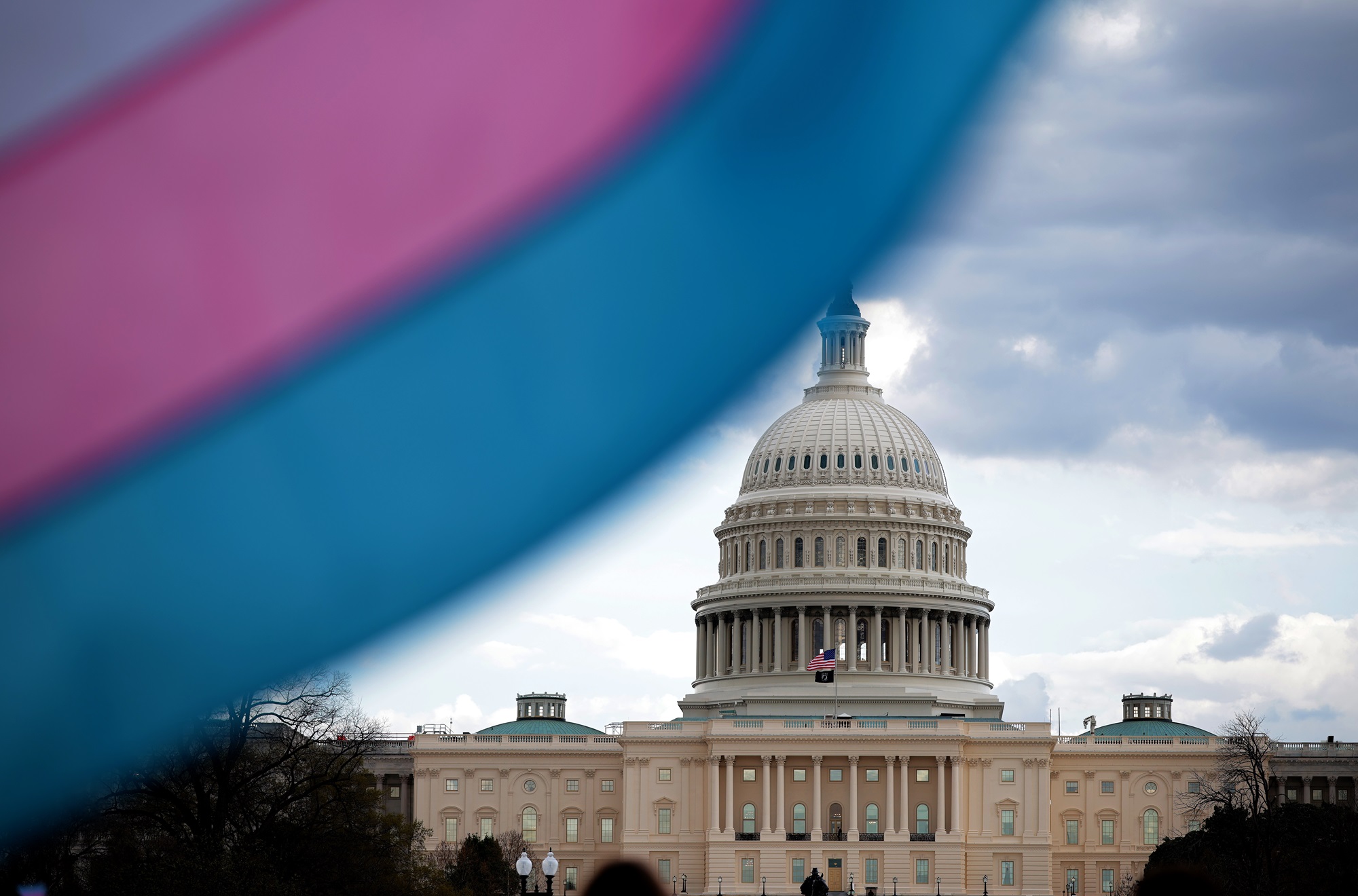Medical associations, including the American Academy of Pediatrics and the American Medical Association, maintain that gender-affirming care, including surgery in some cases, is medically necessary and can be life-saving for transgender youth. However, critics have questioned the strength of long-term data and raised concerns about the potential irreversibility of certain interventions — concerns echoed in a recent report commissioned by the Trump administration.
Last week, the U.S. Supreme Court upheld a Tennessee law that bans puberty blockers and hormone therapy for transgender minors. The decision effectively allows similar laws to remain in place or take effect in more than two dozen other states.
In the past year alone, Kansas, South Carolina, Wyoming and New Hampshire have added new restrictions, joining a broader conservative effort to roll back access to trans health care for minors nationwide.
In contrast, California has taken steps to protect medical services for trans youth. In 2022, the state passed a sanctuary law shielding families and providers who travel to California for gender-affirming care from legal action under out-of-state bans. Medi-Cal, the state’s public insurance program, covers puberty blockers, hormone therapy, and surgeries for minors.
And in February, California Attorney General Rob Bonta warned hospitals that denying or pausing care for trans youth based on political pressure could violate state law.


